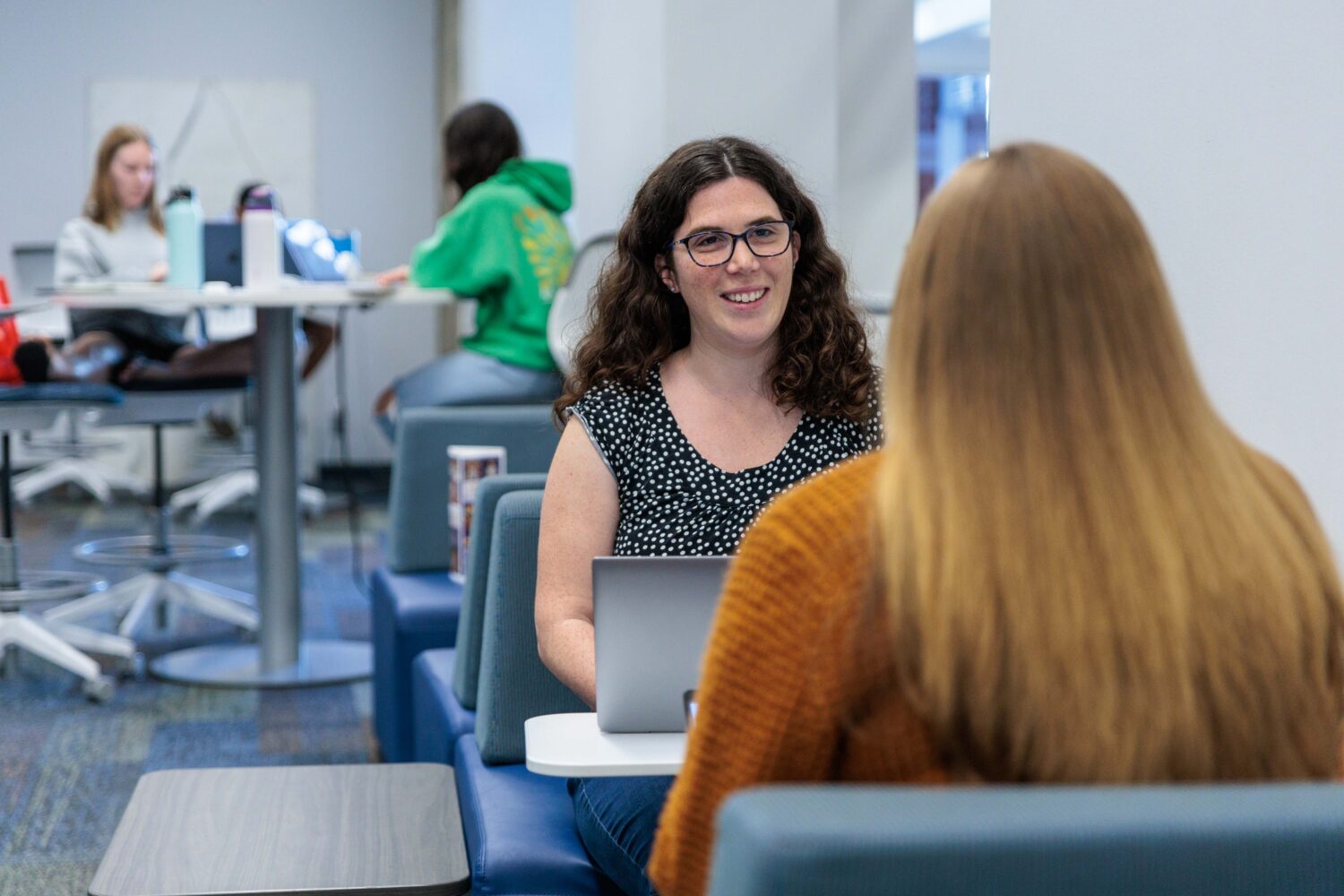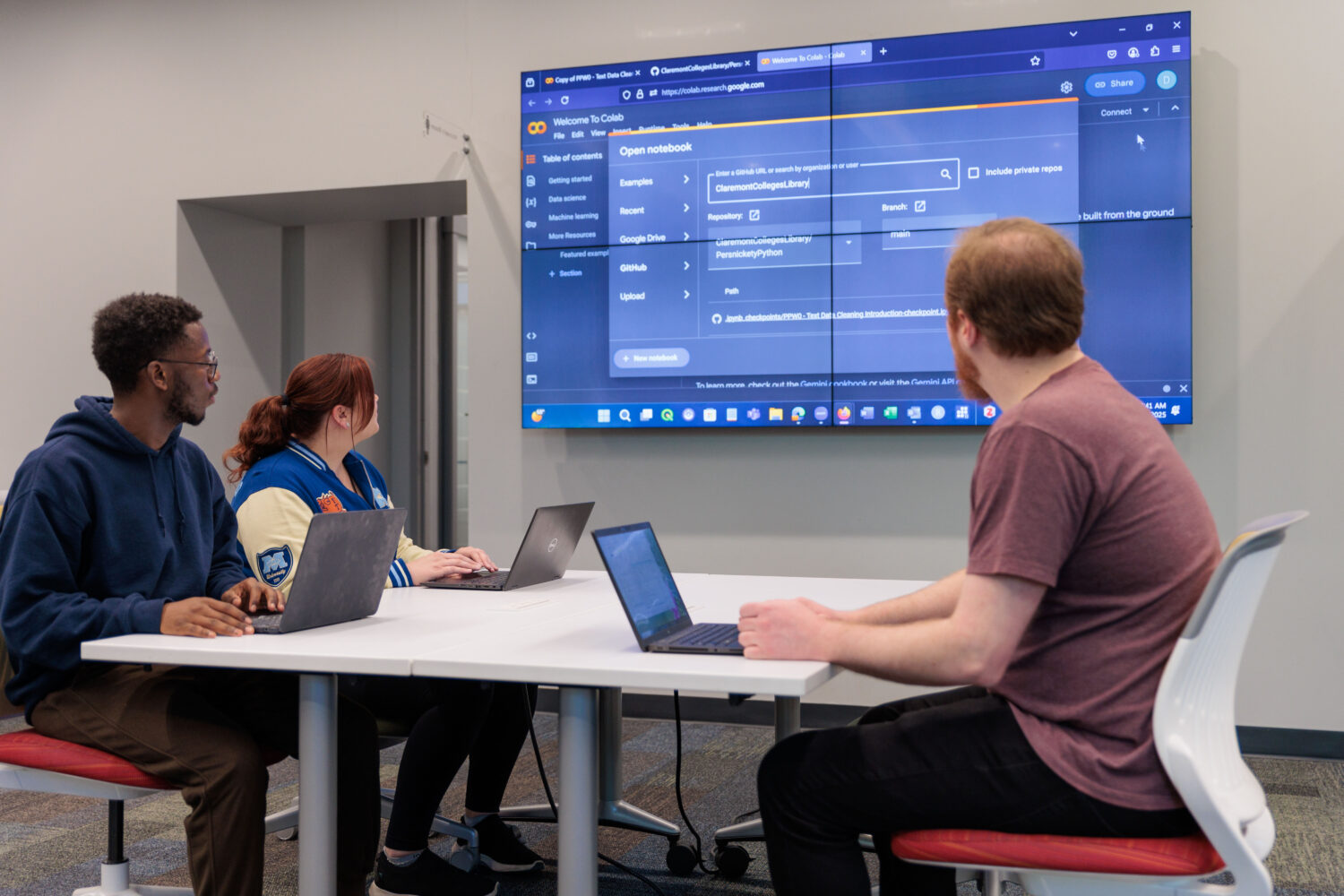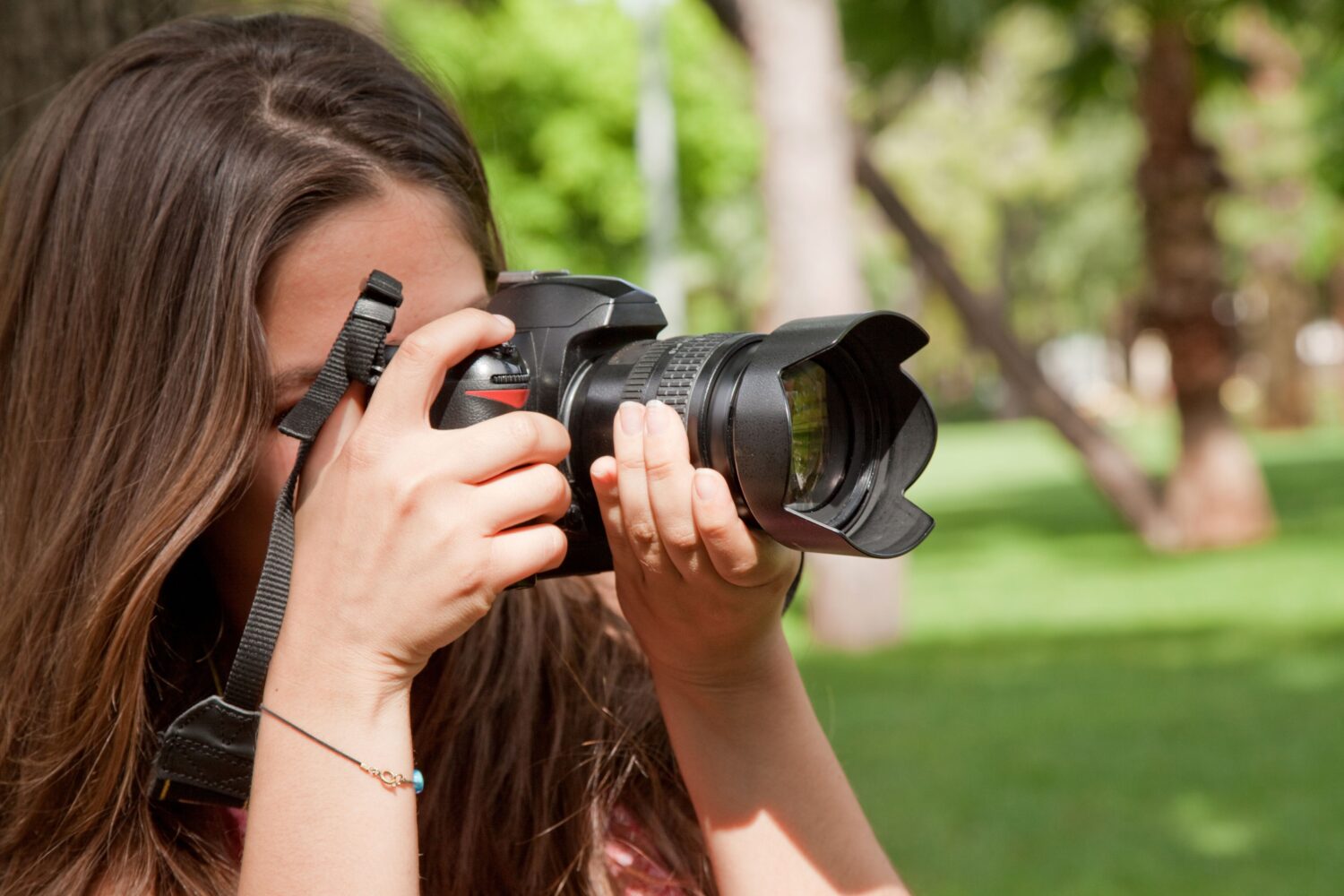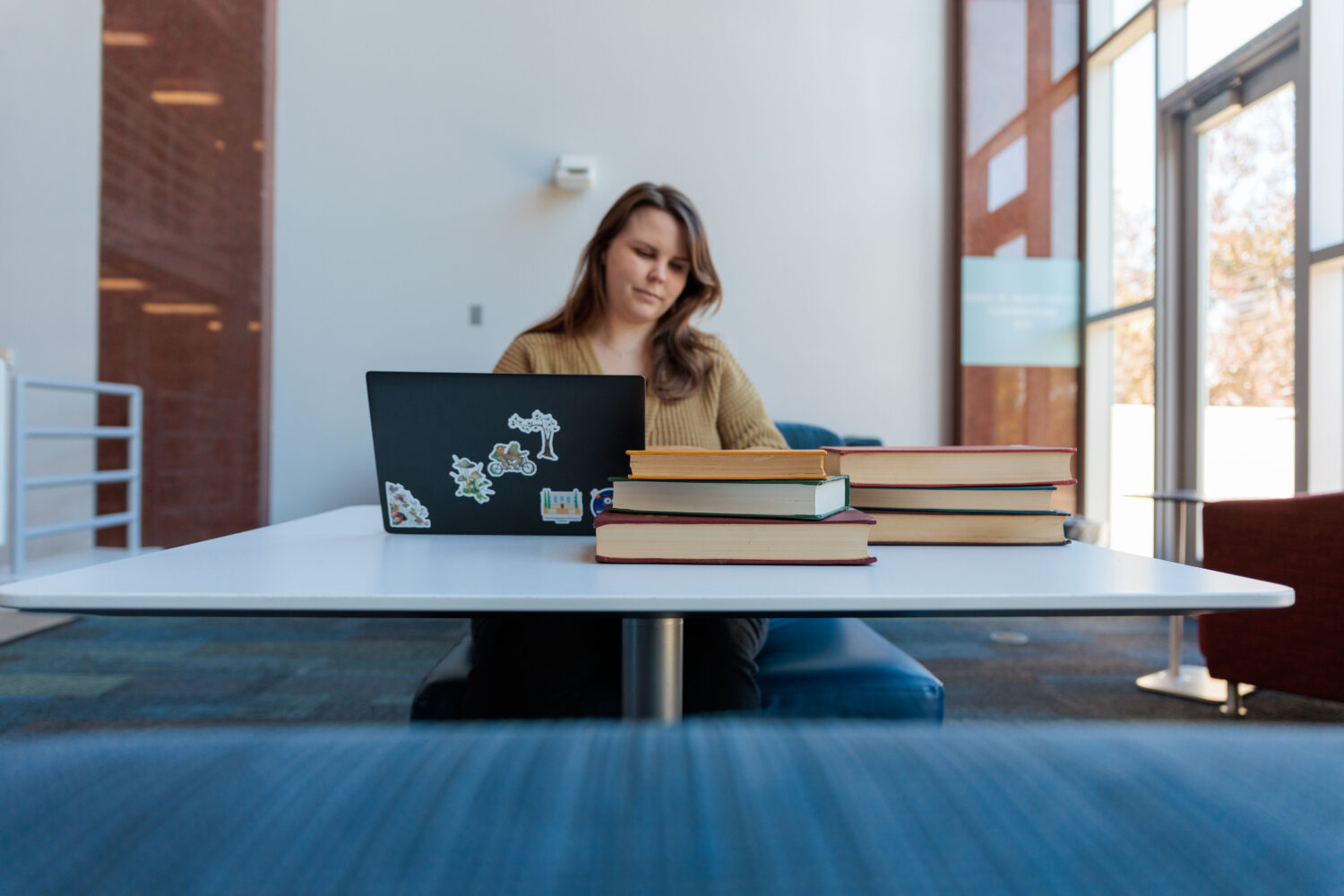New to Using the Library
The Claremont Colleges Library supports students from across all seven institutions that make up The Claremont Colleges consortium. With great study and collaborative spaces, knowledgeable staff eager to help you, and more than 3 million print, digital and archival materials, the Library is here for every step of your academic journey. The following provides an overview of services and resources we provide, but is by no means comprehensive! Please always feel free to reach out with questions.

Make the most of the Library’s services and resources
| Your College ID provides access to the Library and a wide range of physical materials.
|
|
| The borrowing period for most books is one semester.
|
|
| Honnold and Mudd are the names of the two physical buildings where the library is housed.
|
|
| library.claremont.edu bookmark the Library’s homepage for quick access.
|
|
| Connect to the library Wi-Fi using your campus credentials for full internet access. Guest Wi-Fi is also available.
|
|
| Log into CAS using your campus credentials, also referred to as Central Authentication Service (CAS) Campus Login, to access online resources and manage your Library Account.
|
|
| Want to work at the Library? Explore opportunities across various divisions and become a student assistant!
|
|
|
Follow @honnoldlibrary for the latest news and updates on: Instagram | Facebook | X | YouTube |
Each discipline is supported by a librarian who specializes in that subject area. In addition to being available to answer general questions, librarians will meet and work with you to develop a research topic, recommend resources and, if needed, help you track down specific sources, and assist with attributions and citation management.
Schedule an Appointment
We believe that getting hands-on with data tools and techniques is the best way to learn. In addition to hosting workshops, our staff is also available to consult with you on the following topics:
- Programming with Python or R
- Using drones to gather image data
- GPS-enabled field collection of data
- GIS software like Esri ArcGIS and QGIS
- Locating existing data sources for analysis

Whether for an academic project or personal use, we offer media equipment and emerging technologies for checkout. This includes camera, audio, computer and gaming equipment.
See What’s Available
Get hands-on with unique, rare and valuable resources from around the world, dating from the 11th to the 21st centuries. Materials include books, literary and historical manuscripts, maps, photographs, college archives, oral histories, and many other primary sources. Collection topics are wide-ranging and include water and the environment, music and theater, aviation, fine printing, European history, social movements, science and technology, The Claremont Colleges and local history, and more!
Explore the Collections
A distinguished library within The Claremont Colleges Library, the Asian Library is available to offer you support and resources for Asia-focused areas of study in the arts and humanities, social sciences, and languages. Among the many rare collections held in the Asian Library are correspondence, manuscripts and historical photos; Buddhist sutras and artifacts; Japanese and Korean maps; Chinese rare books of history, literature and local gazetteers; and early Chinese translations of the Bible, western science and technology books.
Explore the Collections
In addition to a variety of open work spaces throughout the Library, you also have access to reservable spaces including conference rooms, group study rooms, classrooms and more. These spaces are available on a first-come, first-served basis.
Reserve a Study Room
Throughout the year, we host a variety of workshops, talks, exhibits and other events which you can learn more about by following our socials. This includes signature programs like Claremont Discourse, Night Owls and the Library Undergraduate Research Awards.
Explore Our Events
Explore more resources and research tools to help you on your academic journey.
Research Guides. Specially curated for you by our librarians, research guides by subject, course and topic provide guidance and direction on resources to explore.
Video Tutorials. Learn how to find and use the library’s top research tools with quick, helpful video tutorials.
Resource Sharing. If the Library doesn’t have something you need for your research, you can request that we borrow items – such as articles, books and book chapters – from other libraries.
Course Readings. We acquire the course readings used across the 7Cs each semester, which are specifically reserved for student use.
Claremont LibKey. This browser extension facilitates fast access to Library subscription content and Open Access resources.
Zotero. This free application collects, manages and assists with citing your research sources, including notes and other organization features.